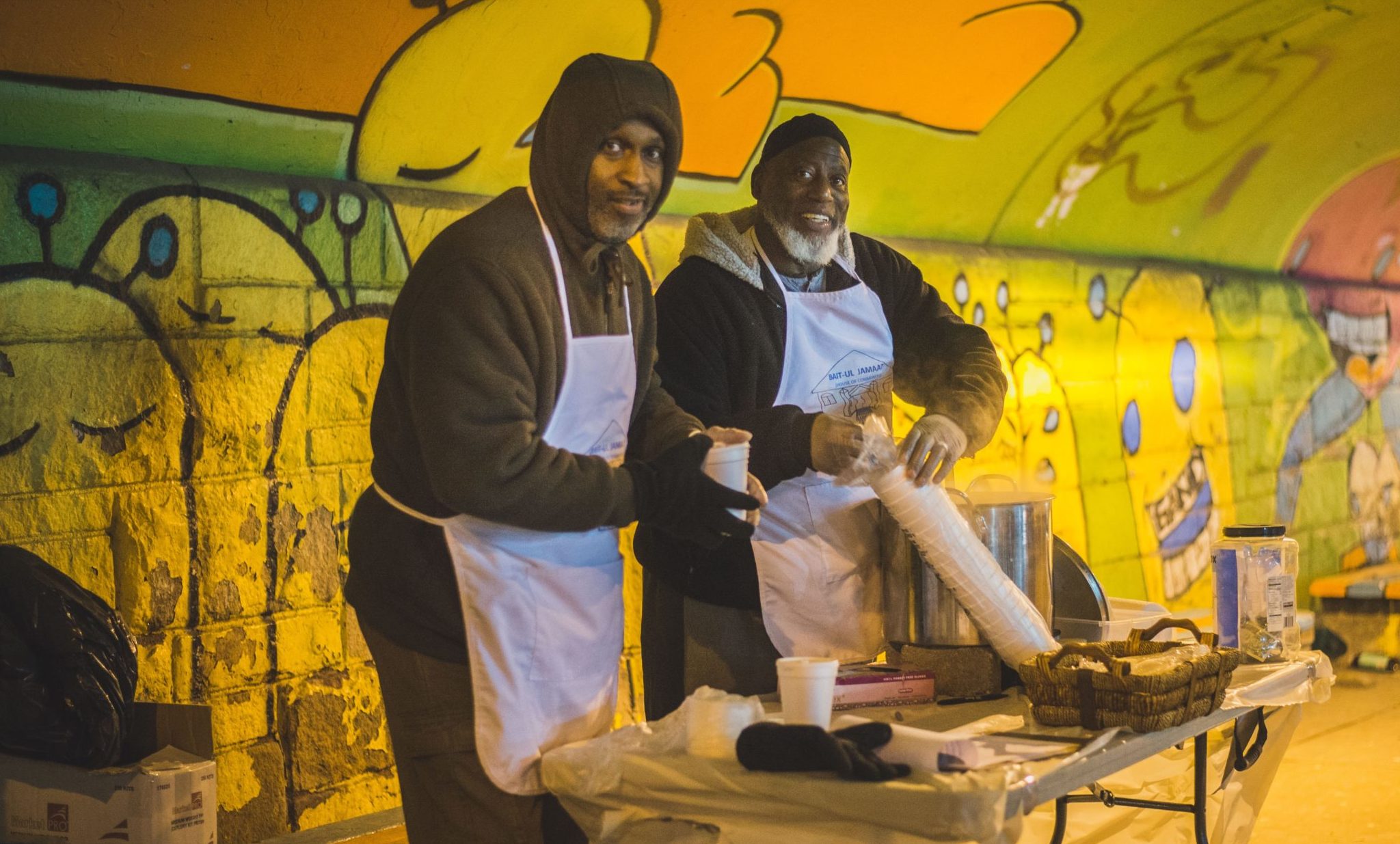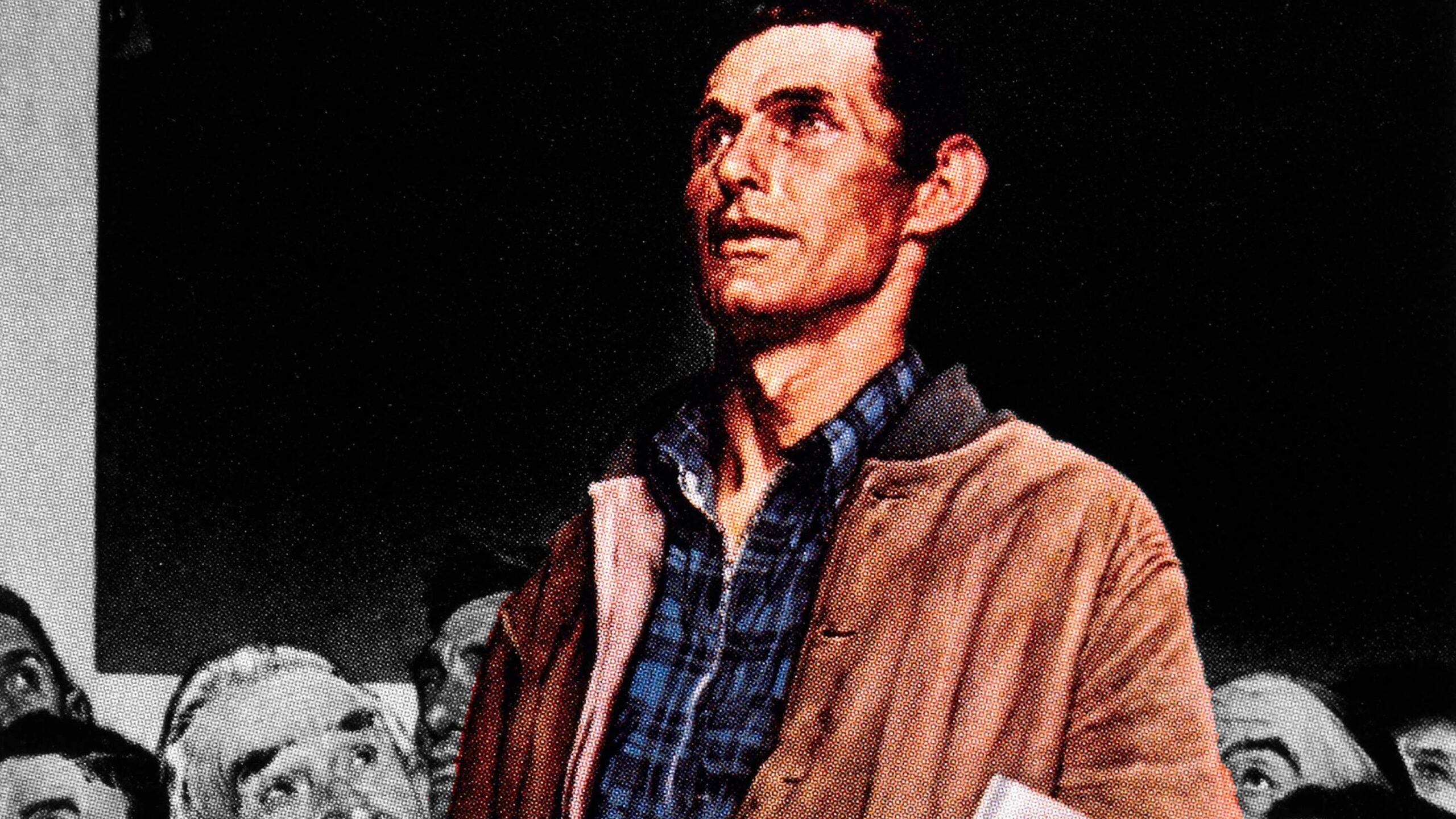

RECOMMENDED READING
There are highs and lows in everything, and many of us experience both. We are all just one decision or one missed paycheck away from seeing a different side of life. That should be humbling for us all. But too often people assume the worst about people in difficult circumstances.
I’ve been faced with an abundance of challenges throughout my life. Depending on the circumstances, being in one of those “lows” can be scary. When you’re faced with a scarcity of resources, or lack of support, it can be a real challenge. My own experience has taught me that when people fall on hard times, some are blessed enough to recover quickly, while others might struggle a bit to rebound.
In the midst of trying to help myself I have encountered a number of people in similar situations, just trying to make it by until times get better. I won’t say there are not resources that exist to support folks trying to just get by. But what do you do when you’re next in line at the food pantry and they run out of food for the day? Or when you’ve applied for assistance for the electric bill, but there were more “qualified candidates” so you got denied? I’ve been there. I’ve shared resources with others that I’ve needed myself. And sometimes people say I did the wrong thing.
We have a primal reflex to live. We see this in the fight-or-flight reflex. If you want to try it out, try drowning yourself. Your body won’t allow it. You’ll come up for air because we are wired to live. As the saying goes, “you don’t know what you don’t know” and sometimes that can cause quite a bit of harm, whether you mean to or not. Fighting to survive doesn’t leave you a lot of time to figure out what the best thing to do is, and the only thing you can to do is put one foot in front of the other.
If I had the ear of our elected officials, I would tell them that people are trying to make it the best way they know how, and the survival instinct to do that gets burdensome. I fear we live in a world where we assume people don’t want better for themselves or are simply taking advantage of resources due to lack of motivation. That couldn’t be further from the truth.
We want to live and to thrive—not just survive. Sometimes it’s hard to see what that next step should be without support and a helping hand. The times when things were tight and funds were low, I have been blessed to be able to recover. We know how to pass it on, we just need to try. Let’s give our communities the resources and support to know that when life gets hard, there is support there to assist you. We could give more money to churches, which are often the first point of contact when people are struggling. We need people to know this doesn’t have to be the end or define the rest of your life. Let’s give people some help and some hope.
Edgerton Essays are a project of American Compass and the Ethics and Public Policy Center, and feature the perspectives of working-class Americans on the challenges facing their communities and families and the debates central to the nation’s politics. If you or someone you know might be interested in contributing to the series, click here for more information.
Recommended Reading
The Edgerton Essays
Perspectives from the Working Class
Introducing the Edgerton Essays
The goal of these essays is to help inform policymakers and pundits about what matters most and why to the vast majority of Americans who have no day-to-day connection to our political debates.
New Collection: Supply-Side Economics Beyond Tax Cuts
Long-term analysis shows the ineffectiveness of the Bush and Trump tax cuts












